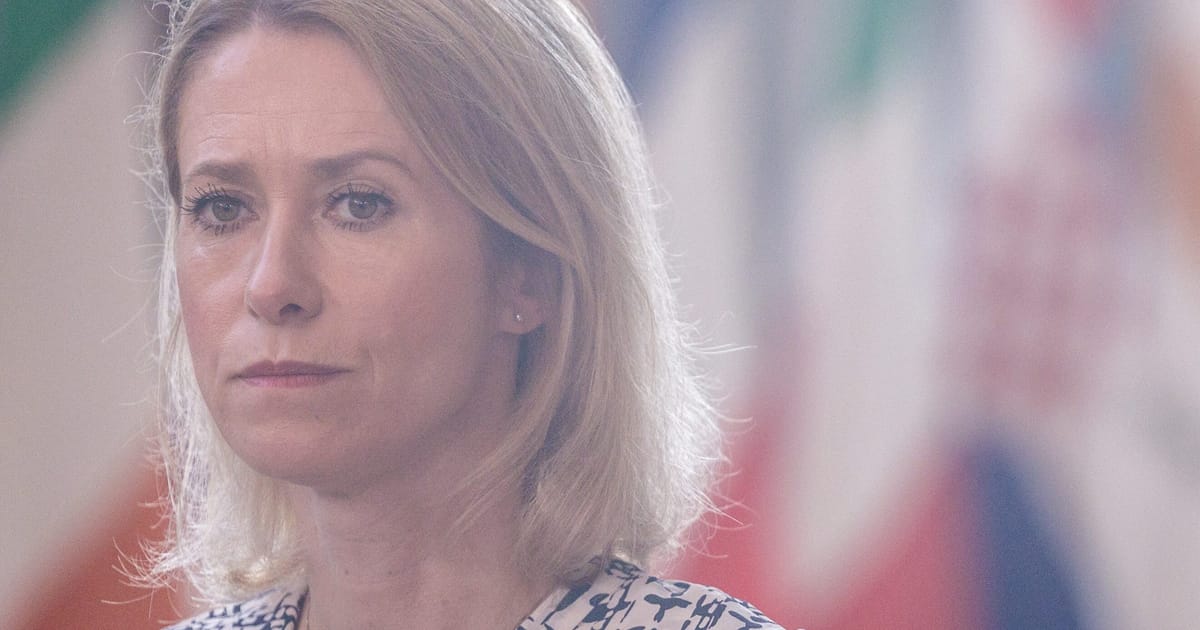

Recent global engagements underscore a commitment to dialogue and cooperation amid various geopolitical challenges and historical reckonings. As countries navigate complex relationships and historical legacies, there is a discernible push towards constructive dialogue and collaboration.
In the Middle East, efforts to improve aid deliveries to Gaza have captured the attention of international diplomats. The European Union’s top diplomat has emphasized the need for enhanced mechanisms to ensure that aid reaches those in need in Gaza. As countries closely monitor the terms of the EU-Israel aid agreement, there is a shared resolve to ensure that humanitarian assistance is effectively delivered. Such measures are seen as a vital step in addressing the humanitarian concerns in the region.
Meanwhile, in West Africa, a beacon of historical reconciliation emerges as France signals a willingness to engage in discussions regarding reparations for colonial era actions in Niger. Over a century after French colonial troops engaged in violent campaigns, the French government has expressed openness to dialogue with Nigerien authorities. This includes collaborative efforts in provenance research and cultural cooperation. While the French government has yet to formally acknowledge responsibility, the gesture marks a significant step towards addressing historical grievances and fostering a spirit of understanding.
In the context of global political relationships, a reaffirmation of cooperation between China and Australia highlights the importance of steadfast alliances. Chinese President Xi Jinping and Australian Prime Minister Anthony Albanese, in light of geopolitical dynamics and trade tensions, have reinforced their commitment to peaceful cooperation. Despite ongoing challenges, this mutual resolve underscores the importance of maintaining open channels of communication and collaboration in addressing bilateral issues.
On the international stage, the United Nations (UN) is facilitating pivotal discussions aimed at addressing longstanding issues in the Israeli-Palestinian conflict. With a 30-nation meeting convened in Bogotá, Colombia, the focus is on formulating political, economic, and legal actions to advance peace. UN rapporteur Francesca Albanese, despite political pressures, has lauded this gathering as a crucial development. The conference is seen as a potential turning point in fostering a peaceful resolution, representing a significant diplomatic effort at a critical juncture for both Israelis and Palestinians.
Together, these diverse initiatives reflect a broader commitment to dialogue and resolution across various global contexts. As nations engage with contemporary challenges and historical legacies, there is a shared aspiration towards finding common ground and ensuring a more cooperative and harmonious international community.
Source: {link}
